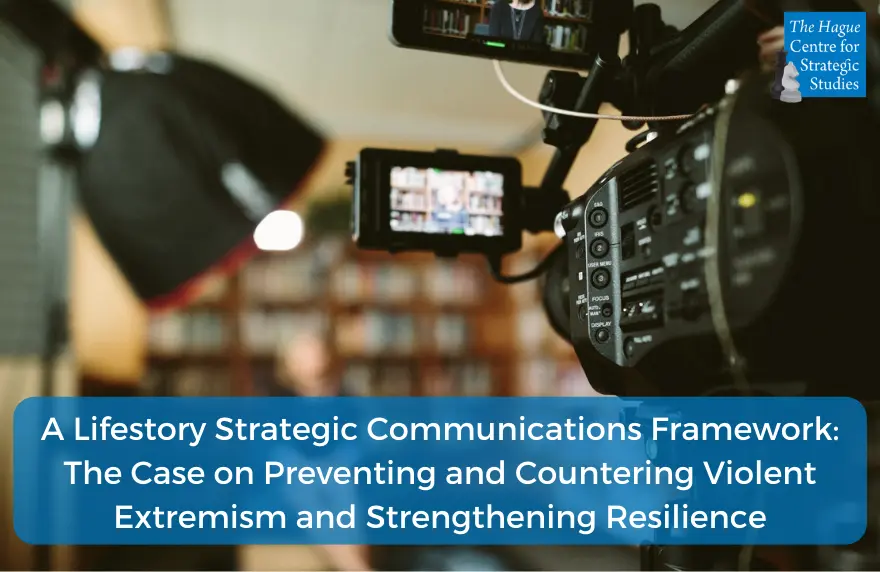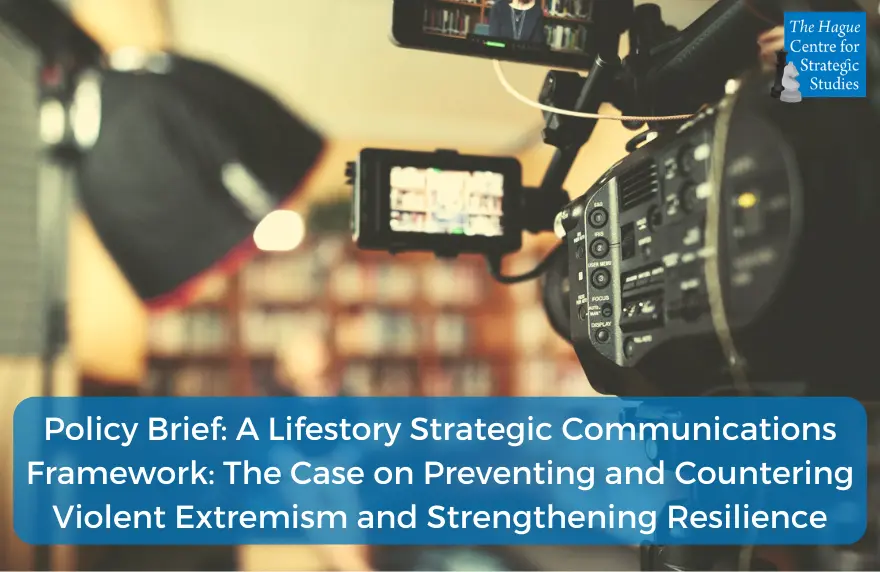New report out now! Download here.
Lifestory narratives can be a highly effective tool in efforts to prevent and counter violent extremism. These narratives are authentic personal stories told by those whose lives have been touched by extremism, and through sharing them it is possible to promote understanding and empathy among different members of the affected community, thus building resilience and preventing radicalization. However, in order to develop appropriate lifestory narratives, researchers must keep in mind several key elements of design. First, the stories should be prepared for an intended audience of radicalized individuals, vulnerable individuals, and practitioners. The goals of sharing these stories should be to change public perceptions about vulnerable and radicalized individuals, decrease violent extremist views, prevent radicalization, decrease stigmatization, and support reintegration. There must also be a dissemination strategy for sharing the stories on appropriate media with good timing, with a combination of online and offline messaging. Furthermore, lifestory narratives should not run counter to government policies on preventing and countering violent extremism. Finally, researchers should keep in mind that lifestories may offer four different types of narratives: resilient, alternative, counter, and destigmatization. The last two may be counterproductive and exacerbate tensions rather than reduce them, so it is recommended to use mainly resilient and alternative narrative messaging instead.





